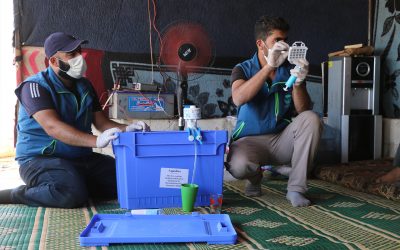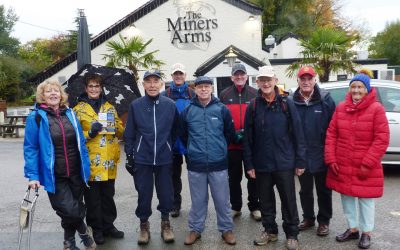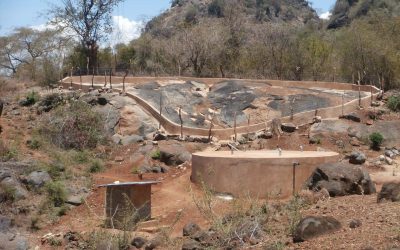When we are looking to find projects to support, providing safe, clean drinking water is one of the most rewarding.
We are very lucky in north-east England to have a charity like Grifaid, which manufactures water filters to provide safe drinking water wherever it is needed.
The World Health Organisation estimates that having clean drinking water could save 1.4 million children a year from dying of diarrhoea as well as less obvious dangers such as 280,000 people dying from drowning trying to collect drinking water.
They also estimate that every £1 spent on providing clean water leads to £8 economic return – a great deal!
Grifaid was started by John and Jill Griffiths in Washington, County Durham over 20 years ago.
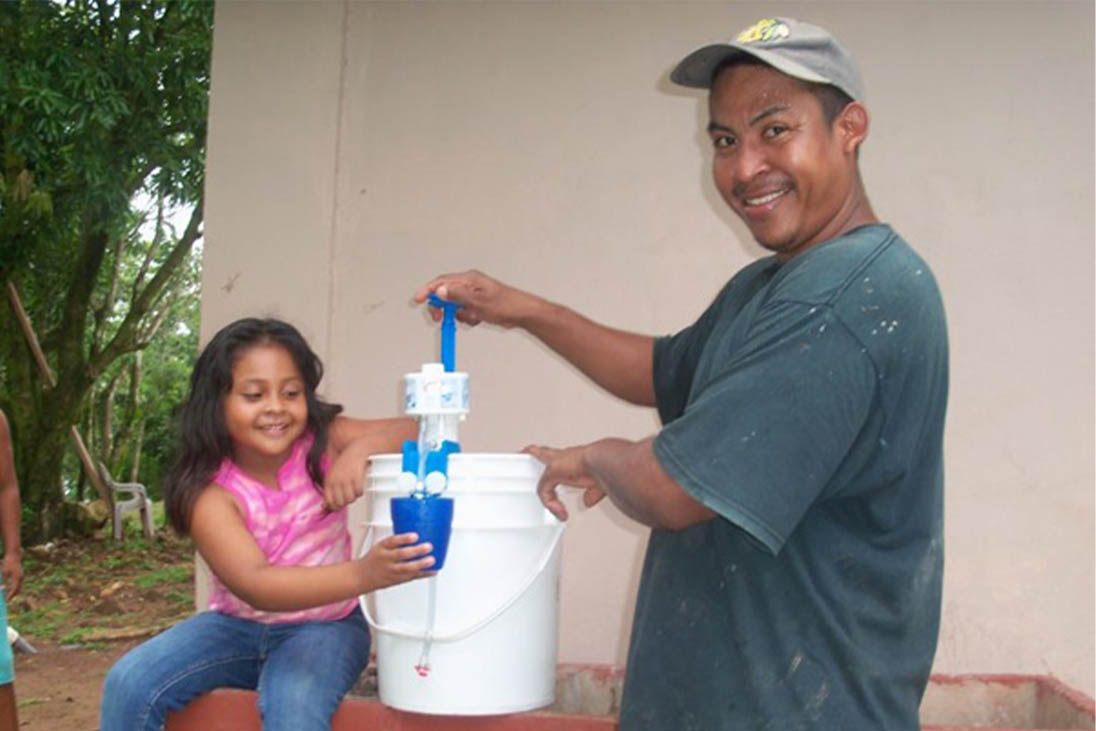

The World Health Organisation estimates that having clean drinking water could save 1.4 million children a year from dying of diarrhoea as well as less obvious dangers such as 280,000 people dying from drowning trying to collect drinking water.
John is an award-winning engineer who turned his skills to inventing an easy to use and maintain water filtering system.
The system has undergone many refinements but now uses a lightweight plastic housing which lasts for a very long time.
Some components for the filters are manufactured in China, unaffected at the moment by COVID-19. But others are made locally in High Etherley, which are assembled by hand, by volunteers, many of them being Rotarians, in the warehouse in Washington.
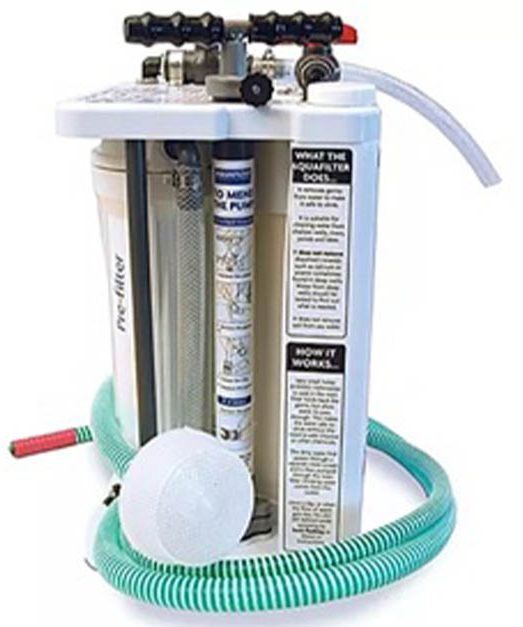

The filters can be used in disaster situations such as after the recent earthquake in Nepal or to help the Rohingya refugees in Bangladesh, being distributed by organisations such as Oxfam, Médecins sans frontières and Save the Children.
Indeed, sometimes one phone call can take all the filters in stock if the disaster is large enough!
There are currently 45,000 family filters in use in more than 50 countries around the world, like the one shown below being used in Nicaragua.
The filters can be used in disaster situations such as after the recent earthquake in Nepal or to help the Rohingya refugees in Bangladesh, being distributed by organisations such as Oxfam, Médecins sans frontières and Save the Children.”
When the recent Kerala floods occurred, one of our Rotary Northeast members travelled out with a suitcase full of water filters to give immediate access to clean water to the people worst affected.
However, they are also used in more stable situations as a more long-term solution.
There are currently 2,500 community filters in use such as the one highlighted below being used in Kenya, its use being demonstrated by a teacher to others in her community.
For those of you who support Aquabox, you might be interested to know that they manufacture the same water filters under licence from Grifaid.
There are currently 45,000 family filters in use in more than 50 countries around the world, like the one shown below being used in Nicaragua.
Sometimes the benefits are less obvious. Three water filters were taken in 2014 by staff from South Tyneside Foundation Trust to Derwan in India.
They have reported that since then there have been direct improvements in the health of the local population.
One specific improvement is the elimination of cases of intestinal blockages due to round worm, a water based organism, which required surgical intervention
So how can you get involved? A family filter costs £35; a community one £200.
Perhaps your Rotakids could be persuaded to use this charity as their overseas one.
The warehouse in Washington is happy to have groups of youngsters to visit. Or maybe your club could have a fund-raiser to fund one or more community filter?
Whatever you do you will be making a huge difference to the recipients – and that’s what Rotary is all about isn’t it?
You can find out more at www.grifaid.org








